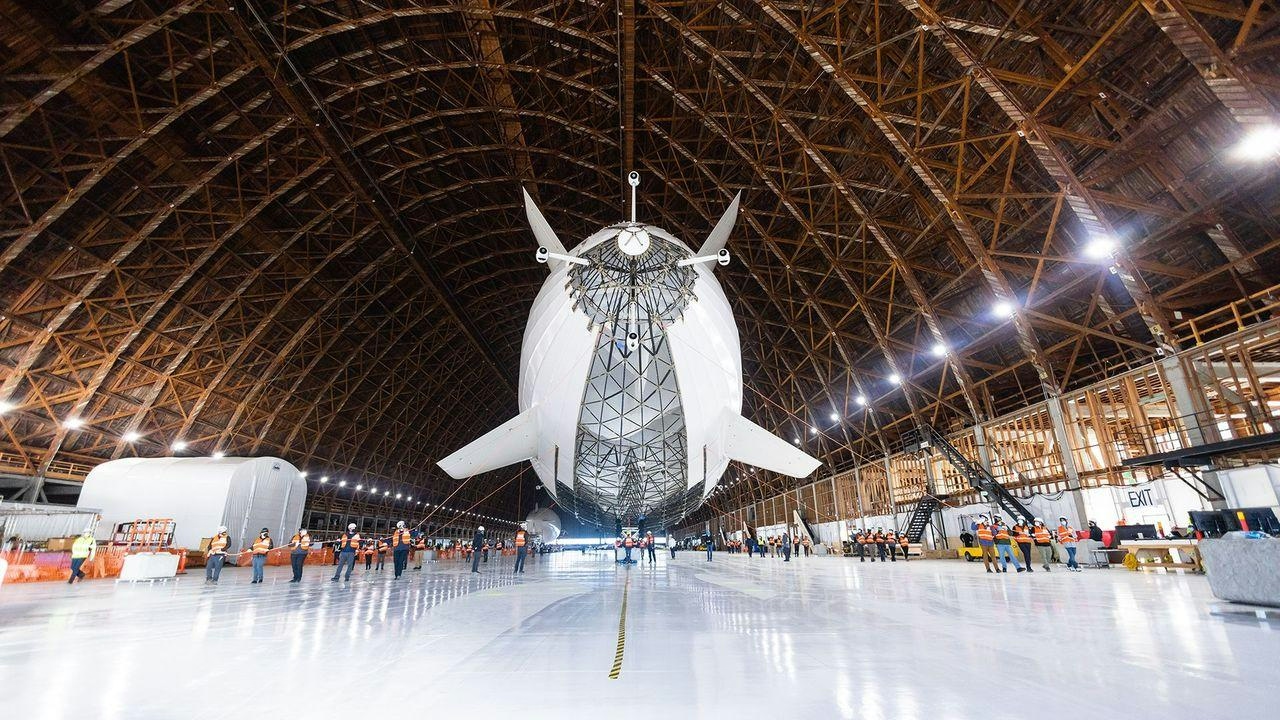AeroGenie — Tu copiloto inteligente.
Tendencias
Categories
How One State Is Poised to Lead in Electric Aviation

Virginia’s Strategic Push into Electric Aviation
Virginia is emerging as a pivotal player in the electric aviation sector, driven by a collaborative effort among state agencies, academic institutions, and private enterprises. The Virginia Department of Aviation (DOAV), in conjunction with organizations such as Future Flight Global (FFG) and Universal Solutions International (USI), has initiated a comprehensive program to position the state as a leading hub for next-generation aircraft. Central to this initiative are real-world demonstrations involving vertical takeoff and landing (VTOL) air taxis and autonomous drones, signaling a commitment to advancing electric and hybrid-electric aviation technologies.
Advancing Electric Aviation Through Demonstrations and Partnerships
The program, unveiled on Thursday, will commence with beyond visual line of sight (BVLOS) drone trials, gradually progressing to more sophisticated operations. These demonstrations will emphasize practical applications including medical and cargo delivery, public safety, precision agriculture, and infrastructure inspections. Collaborations with key partners such as Dominion Energy and Virginia Natural Gas will support these efforts. Future Flight Global, which is assembling a fleet of electric VTOL (eVTOL) air taxis from manufacturers Archer Aviation and Eve Air Mobility, will spearhead the trials. The data collected will be instrumental in shaping advanced air mobility (AAM) corridors, integrating fleets, and informing future regulatory frameworks.
The initiative also seeks to evaluate the necessary infrastructure and workforce to support the expansion of electric aviation across Virginia. Contributions from NASA’s Langley Research Center, the U.S. Army at Fort Eustis, and potentially the Departments of Defense and Homeland Security will be critical in developing AAM corridors and counter-uncrewed aircraft systems (C-UAS) to facilitate testing. The Federal Aviation Administration (FAA) is actively involved in approving airspace use and overseeing safety documentation, with expectations that Virginia’s work will influence national standards for AAM and BVLOS operations.
Investment, Challenges, and Global Competition
Virginia’s ambitions are underpinned by substantial financial commitments. In 2024, Future Flight Global secured agreements for up to 116 Archer Midnight air taxis, valued at $580 million, alongside a letter of intent for up to 54 Eve aircraft intended for operations in both the United States and Brazil. These demonstrations will utilize aircraft owned or partnered by FFG, supported by local entities including the Hampton Roads Alliance, Peninsula Airport Commission, and regional universities.
Nonetheless, Virginia’s leadership in electric aviation faces significant challenges. Regulatory complexities, rapidly evolving technologies, and skepticism regarding the commercial viability of eVTOL aircraft present ongoing obstacles. The global electric aviation landscape is highly competitive, with Chinese startups advancing swiftly through government backing and technological innovation. International competitors are expanding their reach by securing flight permits in strategic markets such as the United Arab Emirates and partnering with agencies like Cal Fire for autonomous firefighting projects. Additionally, concerns about tariffs and competition from low-cost Chinese electric vehicles pose further challenges as Virginia strives to establish itself as the electric mobility capital of the United States.
Despite these hurdles, Virginia’s coalition remains resolute in generating operational evidence to build trust among regulators and communities, thereby facilitating commercial adoption. Supported by GO Virginia and prominent business leaders, the partnership aims not only to keep pace with global competitors but also to set the benchmark for electric aviation within the United States.

Emirates Unveils Cabin Design for New Boeing 777X

Eighteen Years On, the Airbus A380 Remains Central to a $34 Billion Airline

How a boom in luxury airline seats is slowing down jet deliveries

Navitaire Outage Attributed to Planned Maintenance

Airbus Plans Record Delivery of 870 Aircraft in 2026

DigiYatra Debuts Outside Aviation at India AI Impact Summit

Vietnam Orders Strengthen Boeing’s Commercial Outlook

Airbus Signals Uncertainty Over Future A400M Orders

JobsOhio Awards $2 Million Grant to Hartzell Propeller for Innovation Center

Collins Aerospace Tests Sidekick Autonomy Software on YFQ-42A for U.S. Air Force CCA Program
